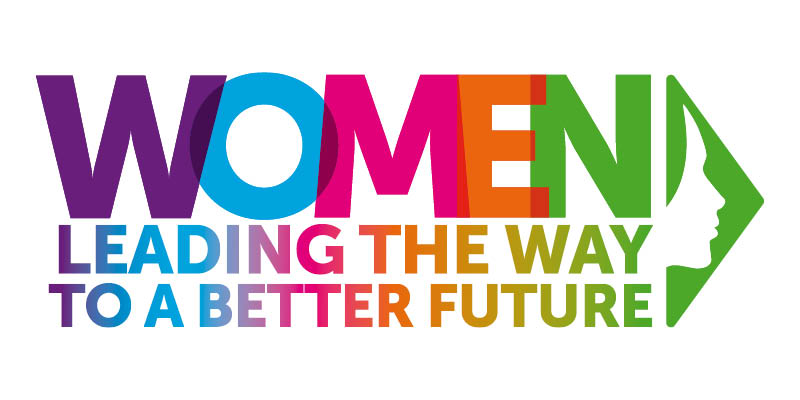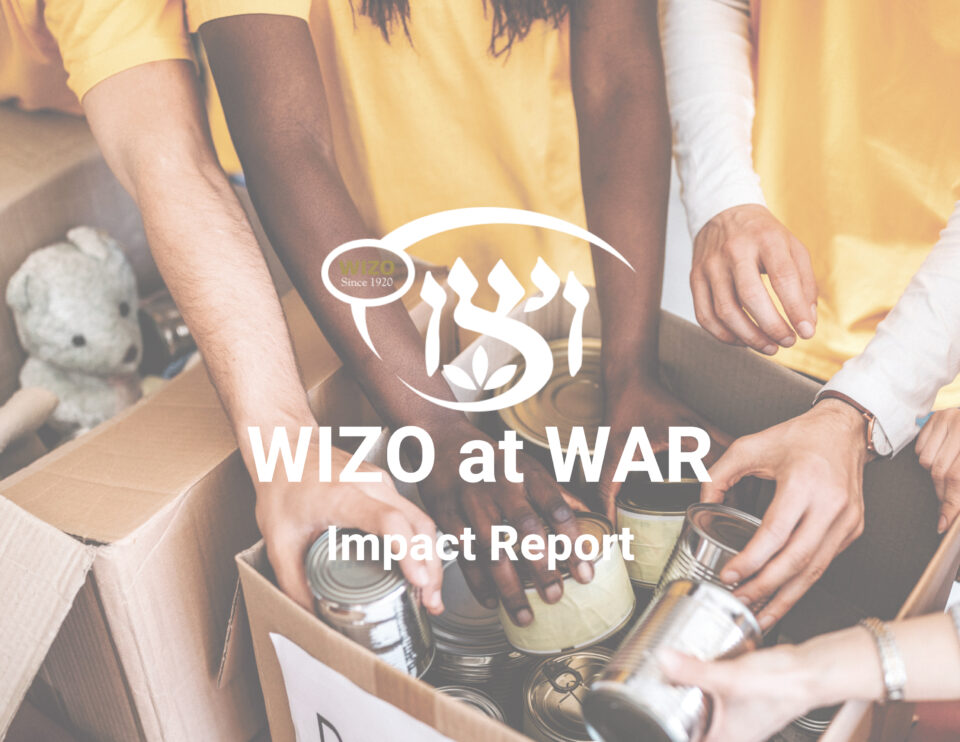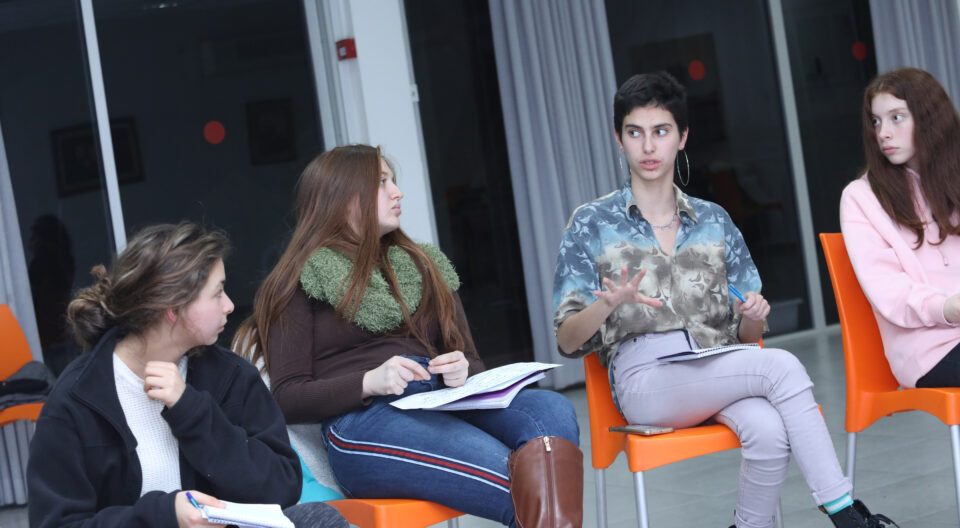Raising the next generation of female leaders
16 July 2022Women leading the way to a better future
11 September 2022
- In 1948, Rachel Cohen Kagan signed the Declaration of Independence. Mrs. Kagan was elected as the only representative from the WIZO list, which functioned as an independent faction in those days. She was also one of only two women to sign the declaration.
- Rachel Kagan was later elected as the only representative in the WIZO faction for the opening assembly, and in the first Knesset she proposed a law for family and equal rights for women. The bill was blocked by religious groups in the coalition and instead, a bill with the same name was proposed by the government, which Rachel opposed when she saw that her original intentions for this legislation had completely disappeared. In 1951, after the change in the wording of her proposal for the law of equal rights for women she resigned from the Knesset. The original bill proposed by Rachel Kagan was based on the principle of equality between spouses, their obligations, their relationship with each other and with their children. In its original version Rachel had inserted a paragraph determining that joint property accumulated between spouses over a lifetime together belongs to both of them equally – in 1973 Knesset passed the Law of Financial Relations between Spouses, based on Rachel’s original proposal.
- The law of inheritance was passed in 1965. WIZO was among the main entities insisting that in the absence of a will, with the death of her husband, the wife has the right to inherit one half of the family property.
- WIZO was a partner in the formulation of part of the 1972 Alimony Law, obligating the National Insurance Institution to pay child support if the father could not meet his obligation to pay for it. This was so that women in the process of getting a divorce or once divorced would not be left penniless with no one from whom to claim support for their children.
- WIZO was behind the 2000 Amendment to the Law of Elections for the Knesset and for Prime Minister (Amendment 40), according to which women housed in shelters would have the right to vote at the polling station nearest their shelter, thereby enabling hundreds of women to realize their democratic right to vote.
- In 2014, WIZO participated in amending the section on publicity in the 1984 Courts Law [integrated version], according to which women victims of domestic abuse may testify remotely within the criminal proceedings (as opposed to the customary procedure in open court). The aim of the law was to encourage victims of domestic violence to file a complaint and to facilitate their testimony in court.
- In 2015, WIZO (in collaboration with Na’amat and Mavoi Satum) filed a petition with the Supreme Court against the State demanding that women be allowed to present their candidacy for the role of managing director of the rabbinical courts. According to the Law of Rabbinical Judges (dayanim), only someone qualified to serve as a dayan may submit their candidacy for the role. However, the petitioners claimed that in Israel of 2015, it was untenable that women were being blocked from certain positions, and hence it should be determined that the section limiting women’s access to this position should be abolished and/or interpreted according to the directives of the fundamental law: human dignity and freedom (principle of equality), thus enabling women to compete for this role. After a lengthy public struggle, in 2017 the Supreme Court ruled unambiguously that a woman may serve as the managing director of the religious courts, and this year for the first time there were, indeed, two female candidates for the position.
- In 2017, WIZO played a significant role in promoting an amendment to the 1980 Law of Income Security so that women in shelters would be entitled to income security.
- In 2020, at the height of the COVID-19 pandemic in Israel WIZO was among the key influencers in exerting public pressure leading to the establishment of a national authority for the prevention of violence in the family and against women. WIZO approached the Prime Minister, holding serious discussions with people in his office and initiating a letter signed by prominent coalition and opposition Members of Knesset. Subsequently, the PM announced the establishment of the Authority for the Prevention of Violence in the Family on the International Day for the Elimination of Violence against Women.
- In 2020, WIZO initiated a comparative study and supported the promotion of a bill regarding equal pay for equal work (amendment – the obligation to publish an annual report – 2020), requiring employers with over 100 employees to collect information and report on their salaries and thereby disclose existing pay gaps in order to generate a mechanism of intra-organizational gender equality. The 23rd Knesset approved the proposal (submitted by MK Etty Attia, Likud) despite harsh opposition from the employers. The legislation is came into force in June 2022
- Since 2018, WIZO has worked on a suggested amendment to the Law for the Prevention of Violence in the Family, according to which the judges in family court discussing requests for a restraining order will be obliged (not “permitted”) to discuss referring violent men to treatment at the signing of the restraining order. After undergoing several versions, the proposed amendment passed the first reading in the 23rd Knesset. The second and third readings were passed in the current Knesset by MK Aida Tuma-Saliman, chairperson of the Knesset Committee for the Promotion of the Status of Women. MK Tuma-Saliman made a moving speech to the plenary on the day the amendment was entered into the law books and even thanked WIZO for its partnership.
- Technological violence bill – during the past two years, WIZO has worked in collaboration with the clinical stream in the academic track of the College of Management on formulating and promoting legislation to address a new kind of gender violence known as technological violence. The bill was first presented by MK Katie Shitrit (Likud) on the 2020 International Day for the Elimination of Violence against Women, but it did not move forward because the 23rd Knesset was dispersed. In June 2022, the Knesset Committee for the Promotion of the Status of Women held a special debate regarding this proposal.
- Electronic tracking bracelet bill – the Public Security Committee has passed a preliminary reading of this bill which would allow the Court to order the use of electronic restraint on a person who has committed a violent offence against a family member. This will allow women and victims of such domestic abuse to feel safer and more protected, knowing that the offender will be required to stay away from them. This bill was brought about in large part due to lobbying by WIZO.





